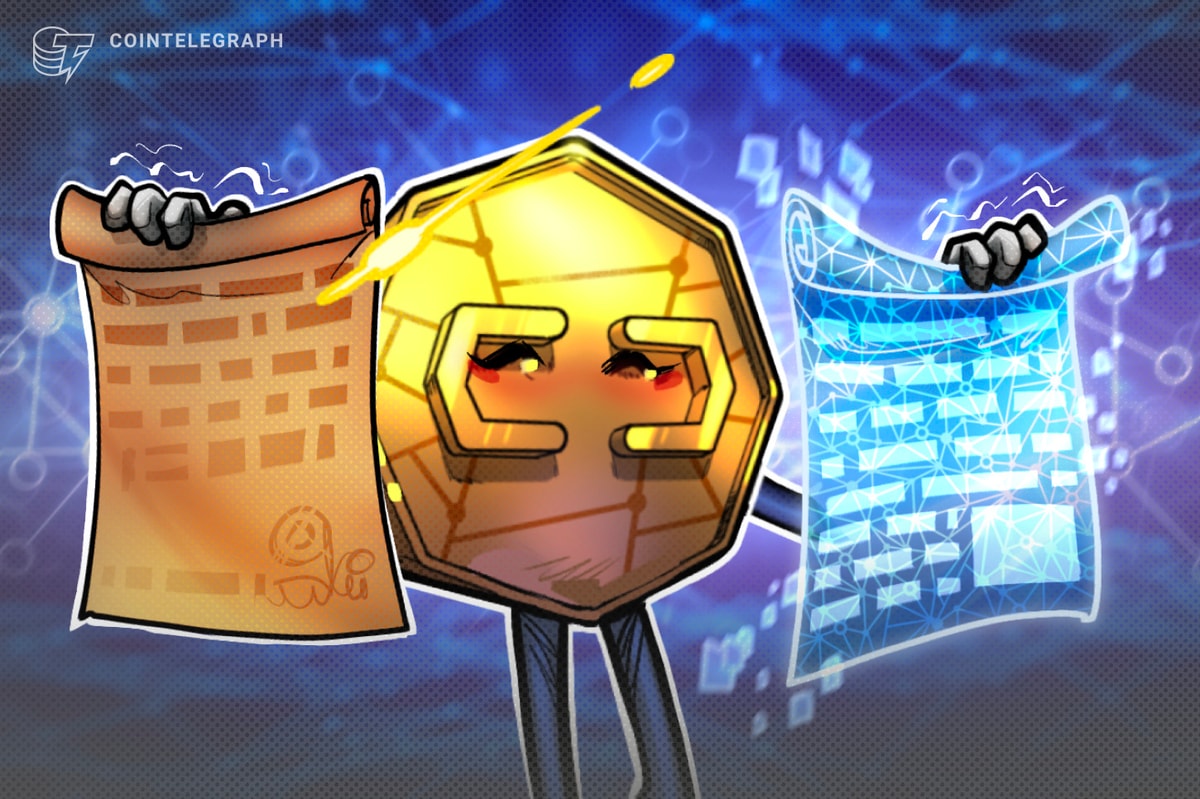Solana's (SOL) native token, SOL, has experienced a 9.8% decline between Jan. 30 and Feb. 1, failing to break above the $104 resistance for the fifth time in four weeks. When considering a longer time frame, SOL dropped by 10.7% in 30 days, while Ether (ETH) and BNB (BNB) traded down 1.2% and 2.6%, respectively, during the same period. This leads investors to question the reasons for SOL’s underperformance, especially given the solid network fundamentals.

U.S. regional banks pose a risk to the markets, including crypto
From a broader perspective, the cryptocurrency market has been under pressure since the Jan. 31 decision by the U.S. Federal Reserve (Fed) to keep interest rates unchanged at 5.25%. The central bank also noted that the target range should remain unchanged until there is "greater confidence that inflation is moving sustainably toward 2%." Investors fear that the crisis in U.S. regional banks could accelerate as these institutions are severely pressured due to their fixed-income portfolios yielding below the current interest rate.
Shares of New York Community Bancorp (NYCB), which purchased the collapsed crypto-friendly Signature Bank in 2023, have dropped 42% since Jan. 30 after reporting a $260 million loss in the fourth quarter of 2023. In March 2023, Signature Bank officially shut down and was subsequently taken over by the New York Department of Financial Services (NYDFS). The contagion risk has caught the attention of traders and investors, such as BitMEX co-founder Arthur Hayes.
Jaypow and Bad Burl Yellen will be printing money very soon. $NYCB annc a "surprise" loss driven by loan loss reserves rising 10x vs. estimates. Guess the banks ain't fixed.
— Arthur Hayes (@CryptoHayes) January 31, 2024
10-yr and 2-yr yields plunged signaling the market expects some sort of renewed bankster bailout to fix… pic.twitter.com/k0Ieq2jKPK
While Hayes expects an initial negative impact for Bitcoin if the Fed does not opt for a quick bailout, the aftermath effect for cryptocurrencies could be positive, as investors will increase inflation expectations. Whether the stimulus package comes in the form of a renewed Bank Term Funding Program (BTFP) or cash injection through the NYDFS, the overall impact is more money flowing into the monetary system.
So, why is SOL price down?
The first question one should ask is the rationale behind the $104 resistance, and the answer might lie outside Solana’s ecosystem. At $104, Solana has a $45 billion market capitalization, matching the valuation of its direct competitor BNB. However, BNB Chain holds a $3.54 billion total value locked (TVL), more than double Solana’s $1.6 billion, according to DeFiLlama.

Solana's decentralized applications (DApps) activity is considerably smaller than that of BNB Chain. It is noteworthy that BNB Chain's total active addresses engaging with DApps (UAW) reached 3.3 million in 30 days, significantly surpassing Solana's 2.65 million. Similarly, BNB Chain's DApps 30-day volume amounted to $20.8 billion, a substantial difference from Solana's $2.75 million.
The recent focus on the Solana network has been the Jupiter (JUP) airdrop on Jan. 31, which currently boasts an $800 million market capitalization. The successful launch of the Jupiter decentralized exchange (DEX) aggregator was celebrated by Solana Foundation members, as millions of transactions were processed without a glitch. To date, over 438,000 addresses have claimed their JUP airdrop, with 9,391 of those receiving over 5,000 JUP – equivalent to $3,000 at current prices.
Related: Why is Bitcoin price down today?
In addition to Jupiter's airdrop success, Solana's ecosystem has also seen a surge in demand over the past week. This includes other decentralized exchanges, some non-fungible token (NFT) marketplaces, yield protocols, games, and liquid staking solutions.

Even if one excludes Jupiter’s numbers, which have been inflated by the airdrop, a handful of Solana DApps are experiencing substantial user growth, including MeanFi, MarginFi, Wormhole, Drift Protocol, Kamino Finance, and Jito. In essence, there is no indication of weakness in Solana's network activity; quite the opposite.
Regarding the likelihood of SOL breaking above $104 and eventually surpassing BNB's valuation, that remains an open question, given that Solana still has to prove itself among the top 3 networks in terms of TVL and volumes.
This article does not contain investment advice or recommendations. Every investment and trading move involves risk, and readers should conduct their own research when making a decision.











